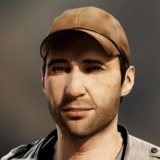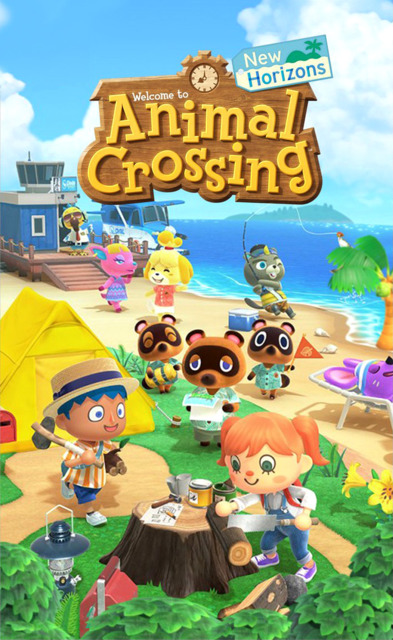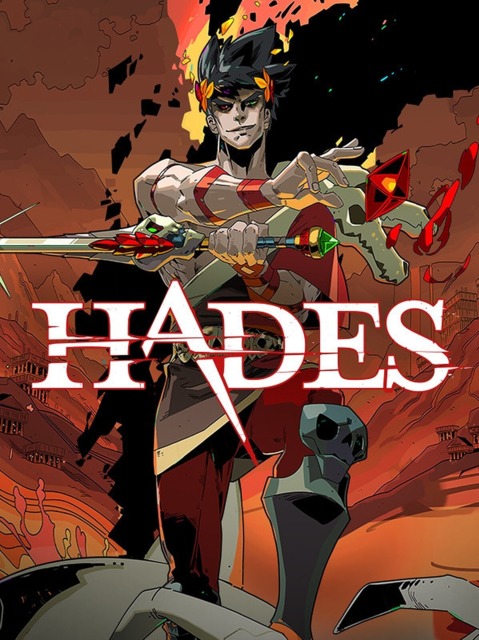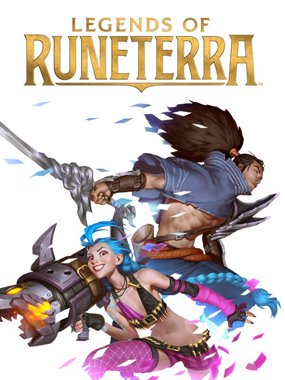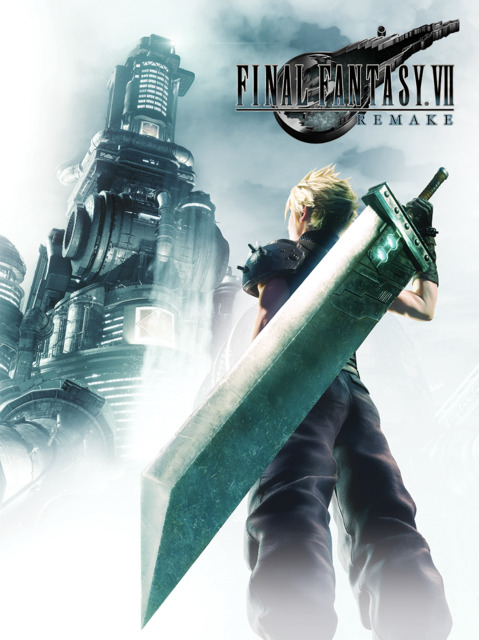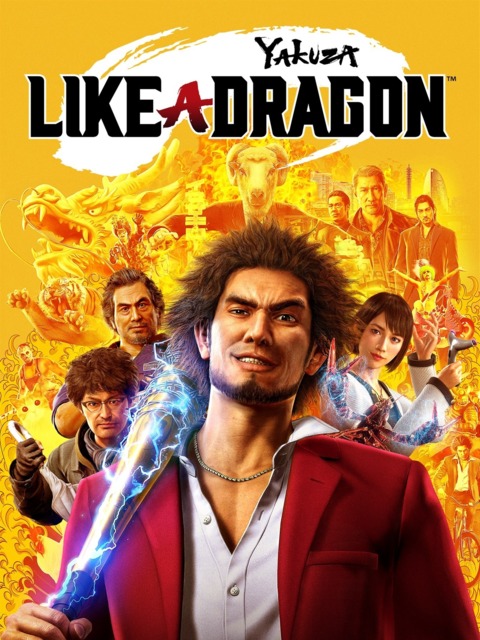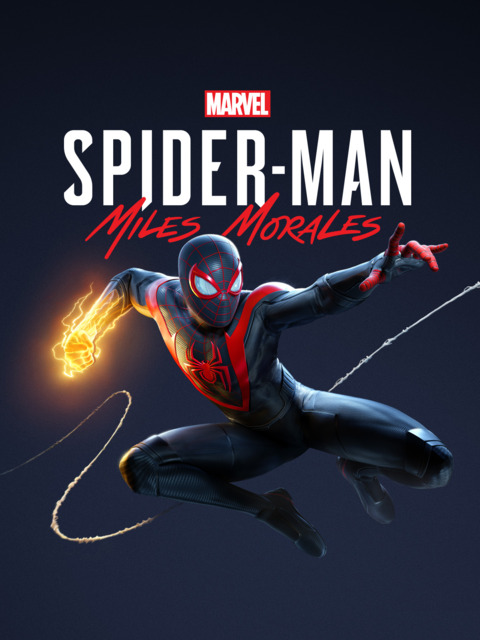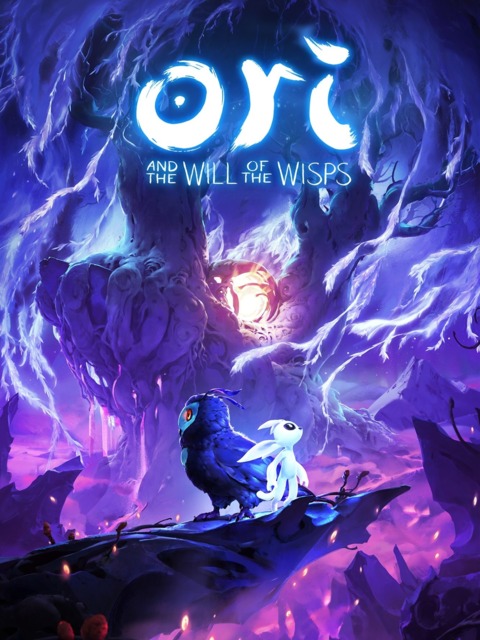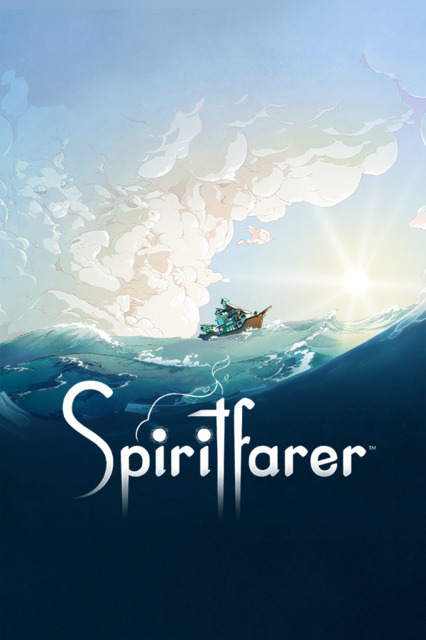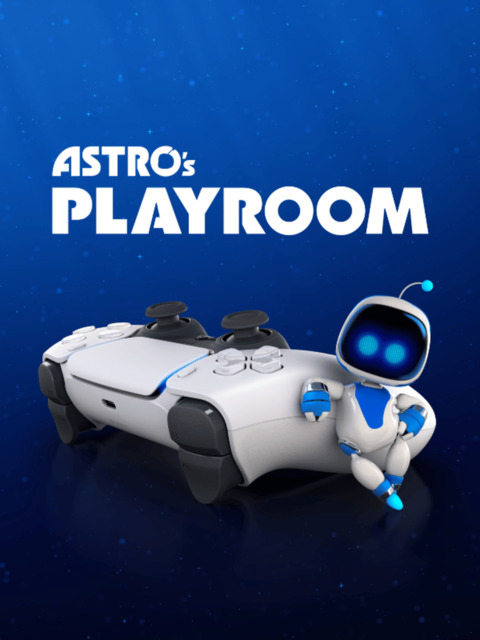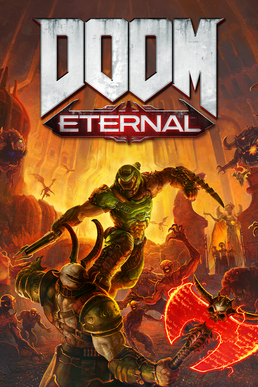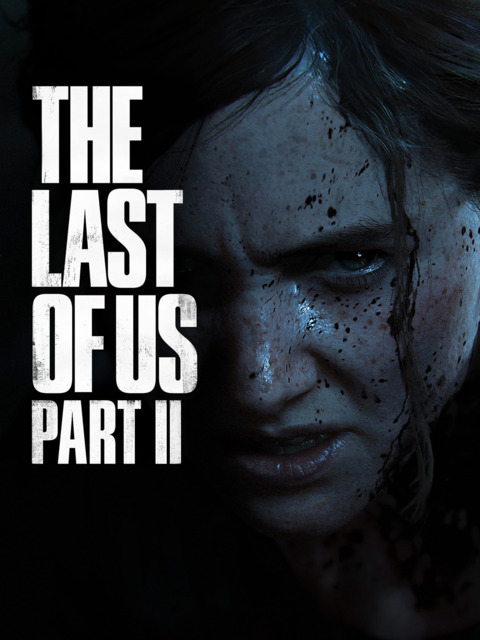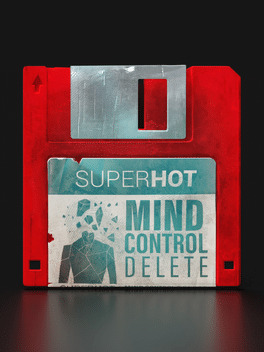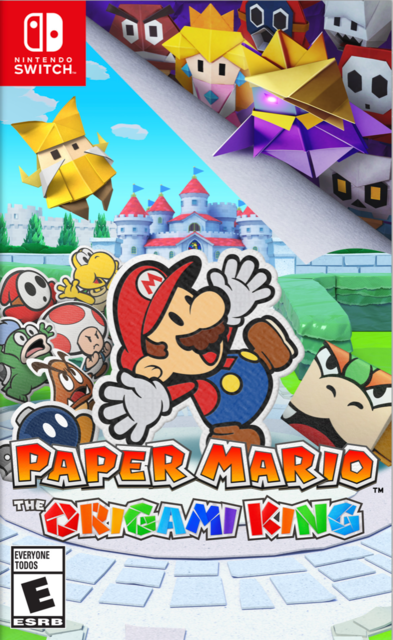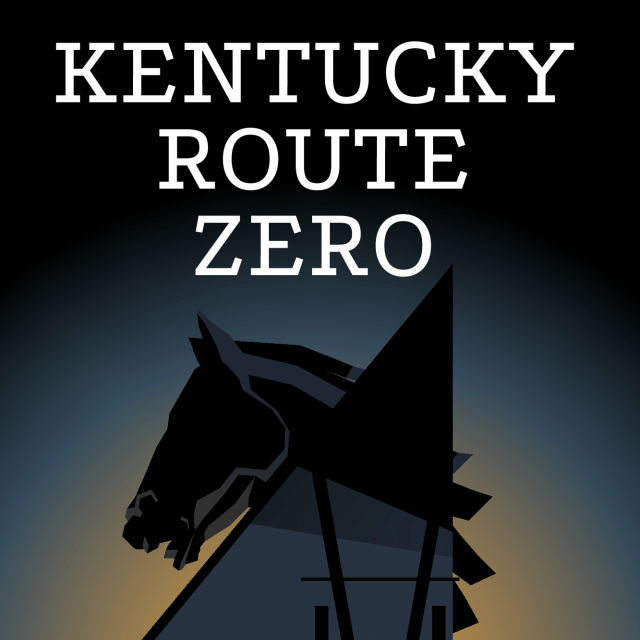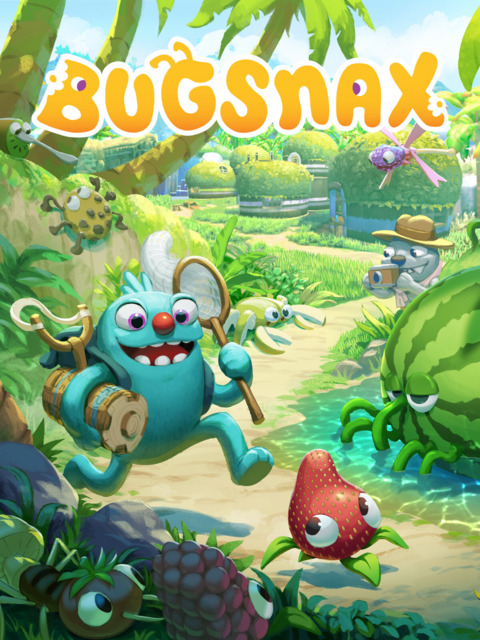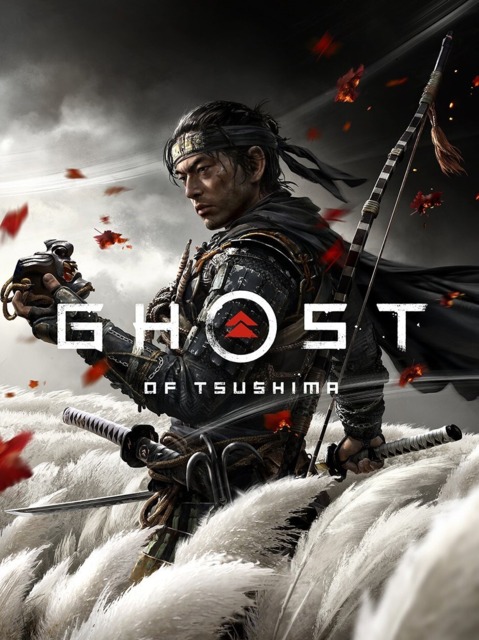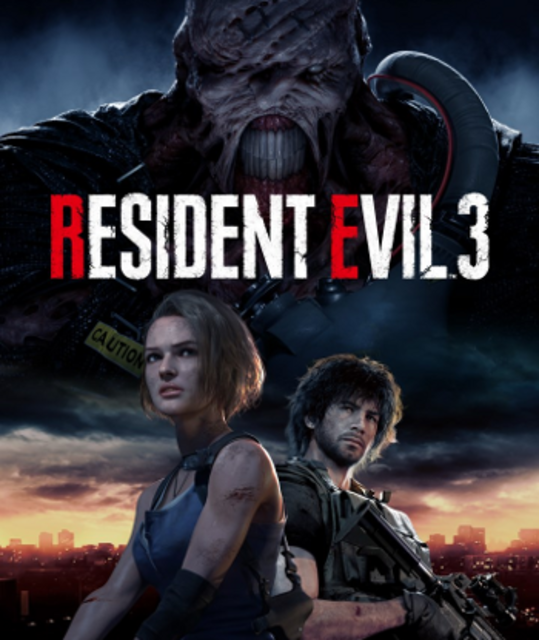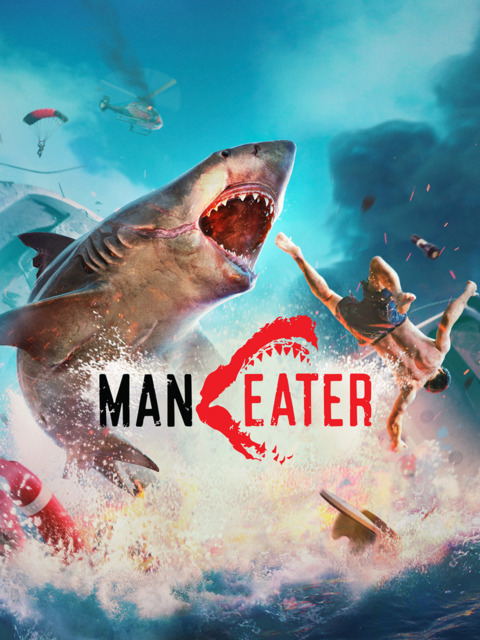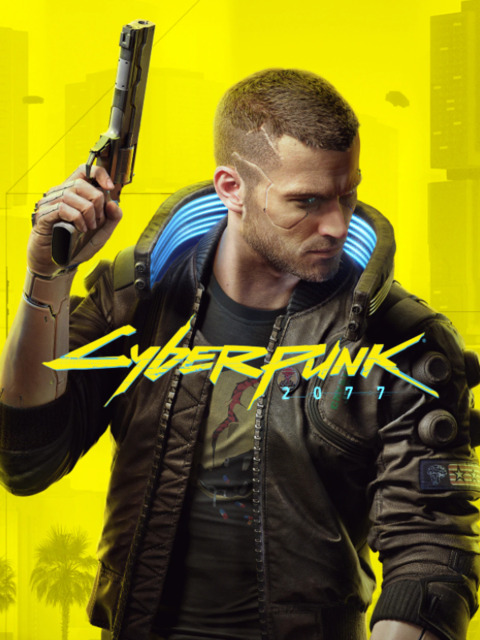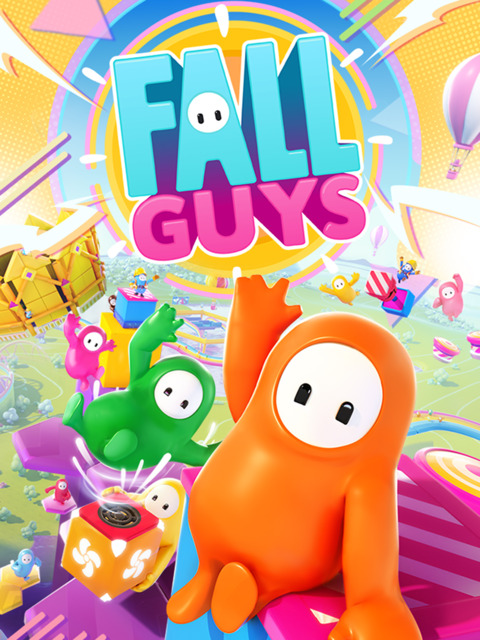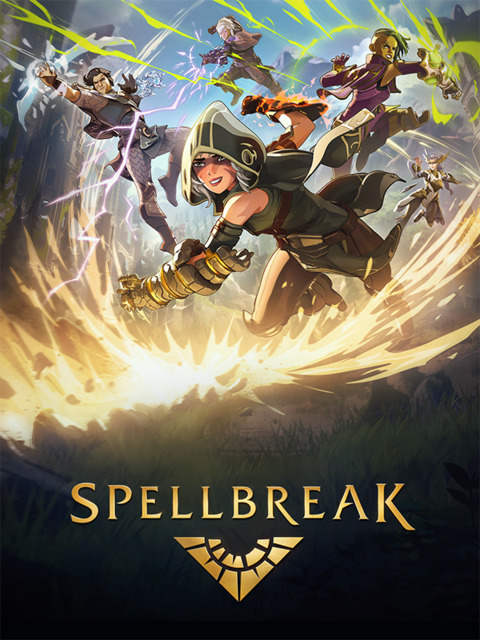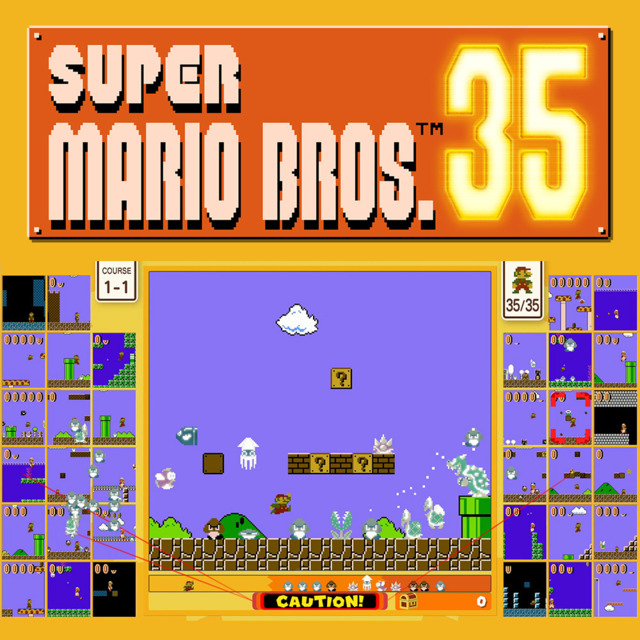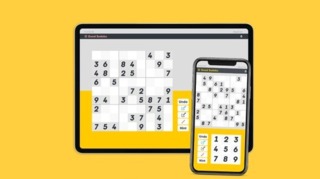Animal Crossing: New Horizons is the best game of 2020 because I, and thousands of others, might not have survived this year without it.
Flashback with me to March. Chances are at some point, you were told not to return to work the following day or week. We were anticipating a few weeks off to get the situation with a virus under control. Weeks shifted into months, and, well, here we still are, most of us isolating in our homes, denying ourselves community and spontaneity that we clearly took for granted. Even as the light at the end of the tunnel begins to emerge, as we take stock of the year that was and wasn't, the pervading emotion in my heart is grief. Grief for all of the opportunities that were unrealized, all of the holidays, events, and celebrations that couldn't happen, all of the normal everyday routines that had to be modified, stripping them of their humanity in the process. We'll never get this year back, and I know none of us want to dwell on 2020 any more than we already have.
Animal Crossing: New Horizons came out a week after my lockdown began. I saw it as a godsend, a gift of structure and community when I could not find any of it in my regular existence. Here, I found a place, my own isolated island, that I could channel energy and time into improving, each day adding a little bit more, slowly expanding by constructing tools and bridges and buildings, inviting friends to come and live with me. My wife moved onto the island and enjoyed what was her first Animal Crossing game ever. As of today, I have logged over 115 hours with the game, and my wife has logged more than me. Needless to say, she's become a fan of the series.
I've been an adoring fan of this franchise since the original on the Gamecube. Each subsequent release had enough to bring me back, but always seemed to lack the magic charm of my original town, my original villagers. The Switch is the perfect console for Animal Crossing because it provides both high graphical fidelity of the console and the portability of the handheld. New Horizons is, to me, the absolute best Animal Crossing game to be released, eclipsing even the original at this point. And maybe I feel that way because this game was my lifeline during this year, but I also think the game has begun to free itself of the chains that have held it back in previous iterations.
So many folks have made exhaustive lists chronicling all of the little flaws in this game - the fact that multiple items can't be crafted at the same time, the conversations with villagers that tend to repeat more often than preferred, the rollout of holidays that didn't generate the optimum level of excitement. Some of these are problems that have been with the series since it premiered. Yet we cannot just lament the faults with celebrating the multitude of amazing features here. For the first time, you have complete customization of nearly every element of your town. You have the capability to terraform the very land you stand on, shifting the path of rivers, incorporating waterfalls and gradients where you want them. The resulting creations I've seen from folks online or even in my own Friends List are astoundingly unique. The updates pushed throughout the year have continued to expand the potentials of the game, introducing collectible artwork, diving, and other features that folks loved in previous games. I have no doubt that the game will continue to grow as it moves into its second year, and I will continue to go back to see how it's changed.
Like so many other great games this year, the small moments are some of the most memorable ones. The way the leaves in the tree would shake as the breeze rolled through them. The subtle, icy glint on the snow-covered ground. The way Apple changes into her workout uniform before pumping iron in my town square. The fact that Bam is always talking to me about getting ripped abs while eating a donut or drinking a soda and sitting on the ground. The sad music that plays in Nook's Cranny in the final minutes before the shop closes. And while a number of my experiences overlap with the masses who also played this game, each one of them had a unique experience with their own villagers on their own island. That's the magic of Animal Crossing.
When I couldn't see my family for months, I knew I still had a community of people (well, animals) who were counting on me to show up and complete my daily chores. I could still bring joy to others by crafting gifts, planting flowers and trees, inviting residents to stay permanently on my island. New Horizons provided me the community I lacked this year, and the fact that it was one of the biggest selling games of the year, proves I wasn't the only one who felt this way.
I hope that as we move into 2021, as we emerge from the bunkers we'll have been holed up in for over a year, we begin to cultivate those communities within our hometowns as well. Let's send letters to our loved ones, not because we're expecting some piece of clothing we don't have in our catalogue yet, but because it makes the other person feel valued. Let's invest our time and money in making our local businesses vibrant, ensuring that every town has a unique energy that you just can't find anywhere else. Animal Crossing provided us all with a utopian community in a hellish year. Let's learn from it and strive to make that fantasy island community a reality in each of our own homes.
